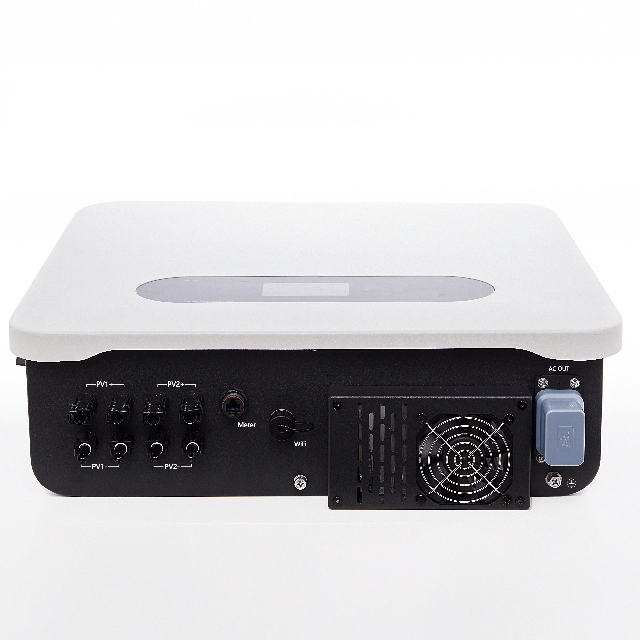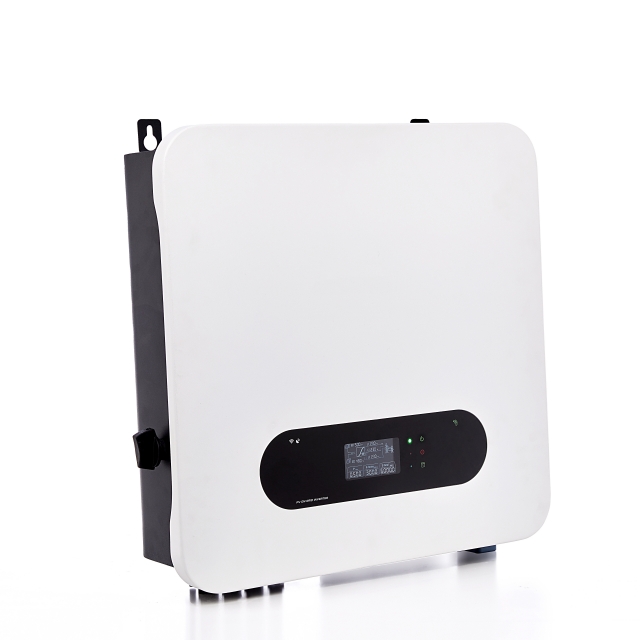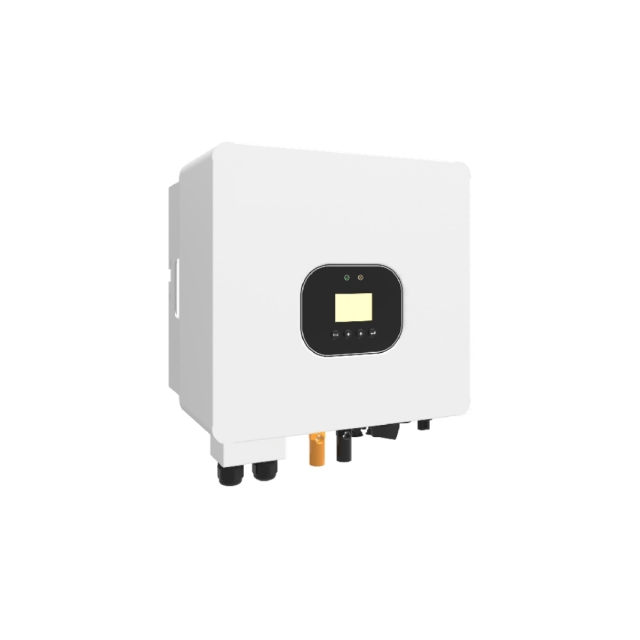Author:BLD Solar Energy SystemFROM:Solar System Converter Manufacturer TIME:2024-01-24
Market Analysis of MPP Solar Hybrid Inverter

The solar industry has experienced significant growth in recent years, fueled by increasing global demand for clean and renewable energy sources. As a key component of solar power systems, inverters play a crucial role in converting direct current (DC) electricity generated by solar panels into alternating current (AC) electricity for use in homes and businesses.
In this market analysis, we will focus on the MPP Solar Hybrid Inverter, a state-of-the-art technology that combines multiple power sources, such as solar panels, batteries, and the grid, to provide efficient and reliable electricity supply. This article aims to provide insights into the current market trends, opportunities, and challenges faced by the MPP Solar Hybrid Inverter industry.
The global market for MPP Solar Hybrid Inverters has witnessed steady growth in recent years. The increasing adoption of solar power systems, coupled with the need for energy storage solutions, has driven the demand for hybrid inverters worldwide. The market is expected to continue its growth trajectory in the coming years due to several factors.
Firstly, the growing awareness of environmental issues and the urgency to reduce carbon emissions have propelled the adoption of renewable energy sources, including solar power. The MPP Solar Hybrid Inverter offers an effective solution for optimizing solar energy usage by intelligently managing the interaction between solar panels, batteries, and the grid, resulting in increased energy efficiency.
Secondly, advancements in battery technology have made energy storage systems more affordable and accessible. The integration of battery storage with MPP Solar Hybrid Inverters enables users to store excess solar energy for use during peak demand periods or when there is no sunlight available. This capability not only enhances energy self-sufficiency but al

While the MPP Solar Hybrid Inverter market presents promising opportunities, it also faces certain challenges that need to be addressed for sustainable growth.
One of the primary challenges is the high initial investment required for installing solar power systems and hybrid inverters. Although the long-term cost savings and environmental benefits are significant, the upfront costs can deter some potential customers. To overcome this challenge, governments and financial institutions need to offer attractive incentives, subsidies, and financing options to encourage wider adoption of solar power and incentivize the installation of MPP Solar Hybrid Inverters.
Another challenge is the compatibility and interoperability of various components in hybrid systems. Solar panels, batteries, and inverters from different manufacturers may have different specifications, making it difficult for consumers to seamlessly integrate them. Standardization efforts and industry collaborations should be encouraged to address this challenge and ensure compatibility among different products.
Despite these challenges, the MPP Solar Hybrid Inverter market holds immense opportunities for innovation and growth. The integration of smart technology, such as artificial intelligence and internet of things (IoT), can further enhance the performance and capabilities of hybrid in

The MPP Solar Hybrid Inverter market is poised for substantial growth as the world transitions towards cleaner and more sustainable energy sources. With its ability to optimize solar energy usage, provide energy storage capabilities, and improve power reliability, the MPP Solar Hybrid Inverter offers a compelling solution for both residential and commercial applications.
However, addressing the challenges related to cost, compatibility, and awareness is crucial for unlocking the full potential of the market. By fostering collaboration among stakeholders, investing in research and development, and creating favorable policies, the industry can drive innovation, enhance product performance, and accelerate the widespread adoption of MPP Solar Hybrid Inverters.
